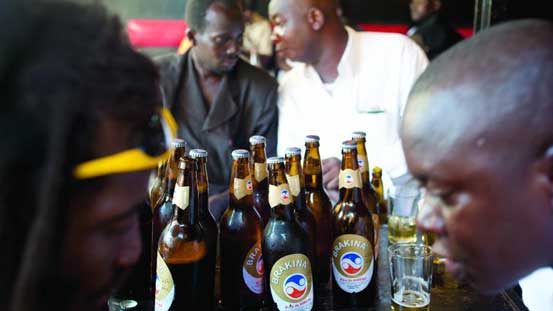×
The Standard e-Paper
Join Thousands Daily

NYERI, KENYA: The continued proliferation of illegal drinks and abuse of alcohol in Central Kenya has prompted the region's county governments to develop ingenious ways of dealing with the problem.
But the strategies devised by the devolved units are already encountering hurdles, with stiff opposition coming from traders, distributors, and other stakeholders.